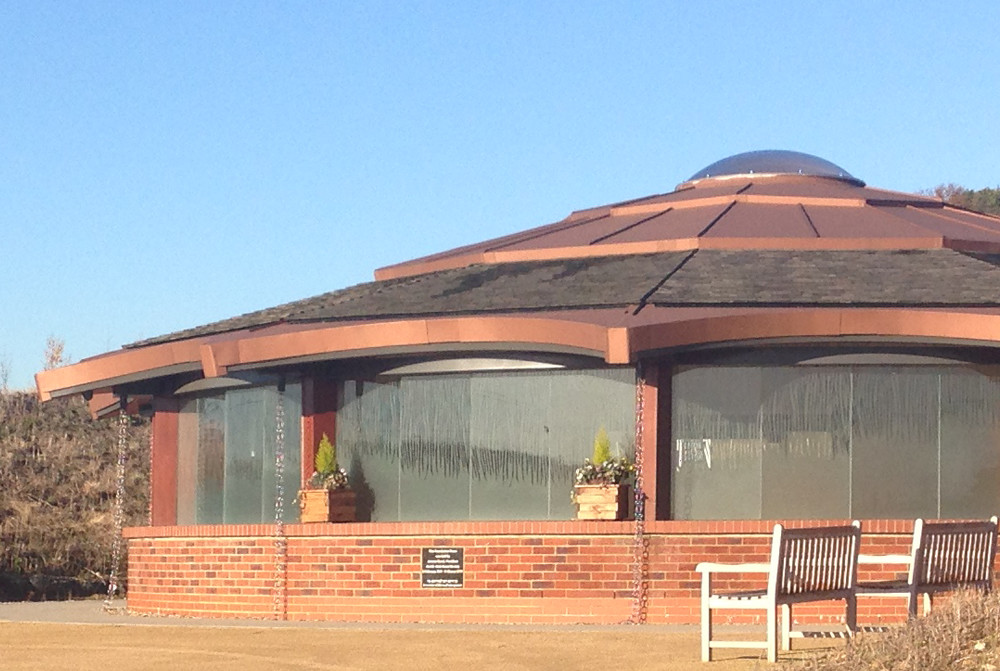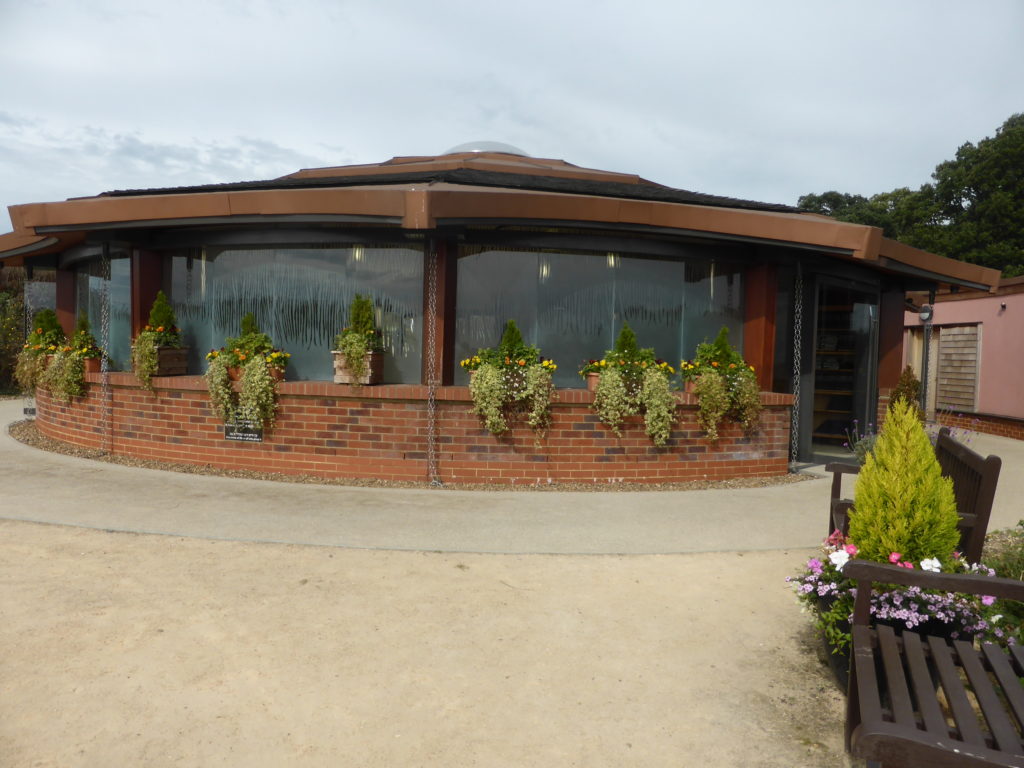jewish funeral customs uk
The focus of a Jewish funeral service is Yekara DeShichva יקרא דשיכבא respect honor and endearment of the deceased. The funeral service is traditionally held in a Synagogue or funeral home and no public viewing of the body is allowed.
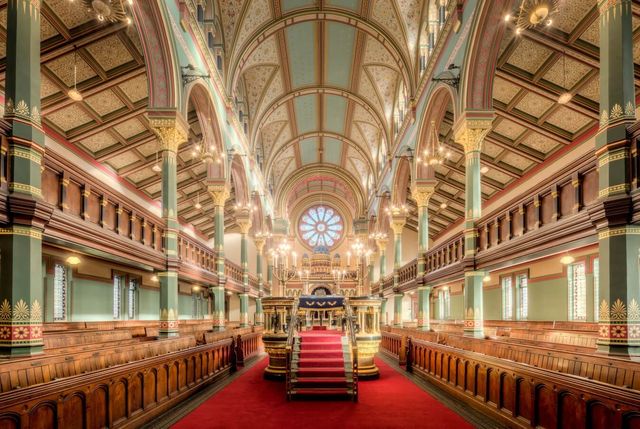
Jewish Funeral Traditions Customs Explained
This is not always possible and given the fact that many modern Jewish families are spread out around the country it usually becomes necessary to wait a day or two until all of the mourners can arrive.
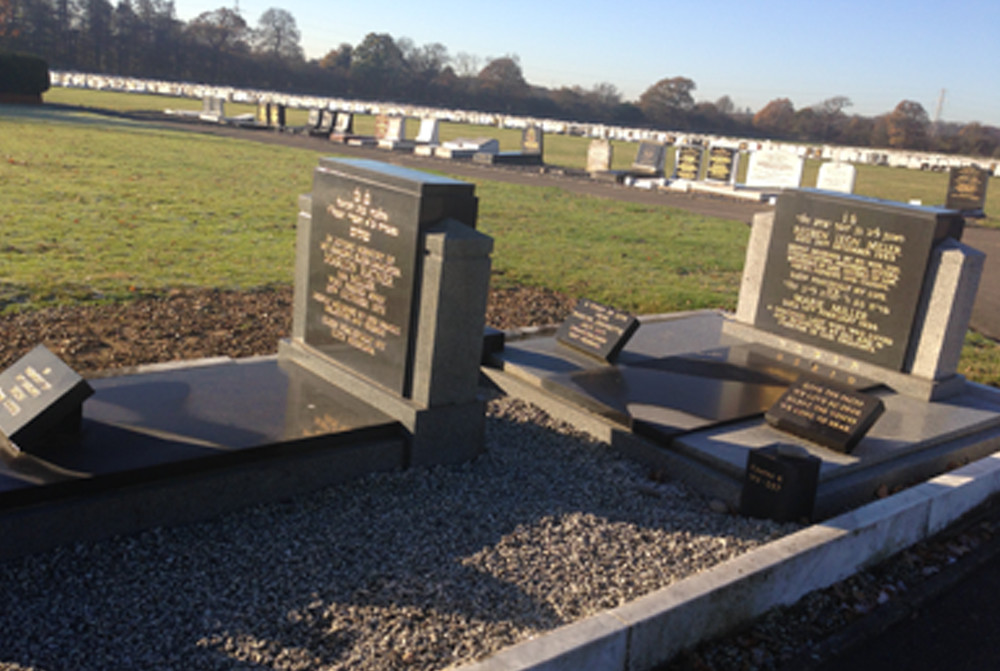
. In traditional Jewish funerals the body is prepared for burial in a special way involving a series of steps. Their role includes ensuring that the body is properly prep. Life and death - Unit 1.
A traditional Jewish funeral occurs within 24 hours of the time of death as it is a sign of respect to the deceased. Death and mourning rituals. This person recites psalms on behalf of the deceased until burial.
This ritual is a demonstration of their grief with the visibly torn garment traditionally being worn for the week following the death. What Happens During a Jewish Funeral Service. Jewish funeral rites are usually very closely linked with Jewish beliefs about life after death.
In many Jewish funeral customs there will be a few eulogies. Ared according to Jewish law. Comfort and consolation of the mourners come later after the burial.
For all its affirmation of life Judaism understands death as a withdrawal from life not just for the bereaved obviously but for all who are touched by the death. It is a Jewish. The first seven days following the funeral is known as shiva and the.
Burial is considered to allow the body to decompose naturally therefore embalming is forbidden. Men should dress simple in a tie and suit sometimes a Kippah Skullcap Yarmulke will be given out to attendees and you should dress it. Usually men are asked to wear a skullcap and women a head covering.
Women should wear a dress. Jewish funeral services can take place in a variety of places including. Ritual washing and purification of the deceased.
Add to My Bitesize Add to My Bitesize. One Jewish funeral custom that may be observed is of the mourners ripping off pieces of material from their own clothes. There are a number of important rituals around death in Judaism.
The Jewish funeral consists of a burial also known as an interment. Tahara is performed by members of the Chevra Kadisha see Chevra Kadisha below or Sacred Society. Customs concerning the preparation of the body for burial the funeral mourning and many others still relate to these principles.
Based on Jewish laws traditions and customs a Jewish funeral usually takes place within one day following the date of death and these are solemn and reflective services followed by a gathering at the mourners home which marks the beginning of shiva. The casket is closed during the service with prayers and eulogies being read by family members or close friends. Until then Kavod HaMet כבוד המת the honor of the deceased remains the primary.
Jewish Funeral Traditions and Customs. When death occurs there are many Jewish traditions customs and rituals that individuals use as a guide and follow relating to the caring and preparation of the body pre-burial the actual burial and service at the cemetery along with the weeklong mourning period or shiva that follows. Each religion offers its own perspectives on death and the.
Members of the Jewish community prepare wash and pray over the body. Black or dark colors are appropriate as are respectful clothes such as. Jewish Customs Prior to Burial More Detail.
For the same reason music is not played or sung. One important responsibility is washing and dressing the body and protecting it until the funeral takes place. There is no public viewing of the body.
The chevra kadisha holy burial society is made up of practicing Jews who help prepare the deceaseds body for burial. Jewish custom discourages elaborate preparation of the body. However many modern funeral services will happen later so friends and family members can all attend.
As soon as a Jew hears of the death of a loved one they. This section explains the main practices and terms used in connection with Jewish funerals. Focus of a Jewish funeral.
Taking a closer look at different funeral traditions and customs across the globe is a way to understand differing ideas about mortality. Jewish funeral customs specify that the deceased is washed but not embalmed and placed in a simple wooden coffin. A Jew who is a Cohen a descendant of the priestly class will only attend the.
When the Mourner is a Kohen. It then is dressed in a white shroudlike garment and placed into a simple wood casket. Before the body arrives at the funeral a pious custom is to read Psalms over the body of the deceased.
The Chevra kadisha is the Jewish organization that handles the funeral arrangements of the deceased. Burial Societies and the Preparation of the Body In biblical times it was the obligation of a Jewish family to care for their dead and bury or entomb them but it was also regarded as one of the laws of humanity. Traditionally burial takes place as soon as possible-within 24 hours.
It is also forbidden to hold an open casket viewing. Jewish funerals cannot take place on Shabbat or on most Jewish holidays. Few individuals go through life untouched by the pain and sorrow of loss and bereavement.
Jewish funeral etiquette varies. Most notably Judaisms structured period of mourning which contains various stages for. In traditional funerals people attending the funeral but not the burial may escort the dead fulfilling the mitzvah of leveyat hamet by walking behind the hearse for a short distance.
Cultural influences play a notable role in the familys decision for funeral services. A synagogue funeral home or graveside. We can talk about general religious.
Jewish funeral practices stem from a long religious history including ceremonies and customs that families often include in the burial and mourning practices. It is not the Jewish custom to send or bring flowers to a funeral or cemetery for flowers are associated with joyous celebrations. The watching over the deceased by a shomer.
By ultra-orthodox Jewish funerals women should cover their hair with a hat or handkerchief. Jewish mourning custom and practice. In Reform funerals people then often express their condolences to the family members of the deceased before the actual burial.
This includes properly washing the body referred to as tahara. Jewish Funerals and Burial. This is considered extremely disrespectful to the deceased.
Burial is intended to take place in as short an interval of time after death as possible.
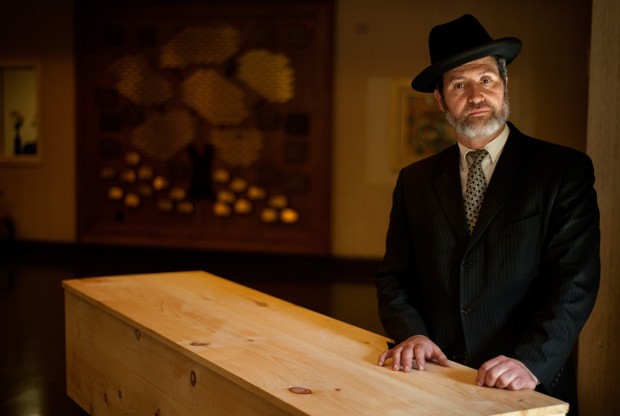
Jewish Funeral Traditions 15 Important Things You Need To Know
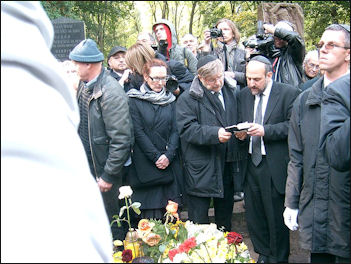
Jewish Funerals Customs Practices Mount Of Olives And Cremation Facts And Details

What To Wear To A Jewish Funeral Funeral Costs Funeral Outfit Funeral

Jewish Funerals Paul Williams Independent Funeral Directors
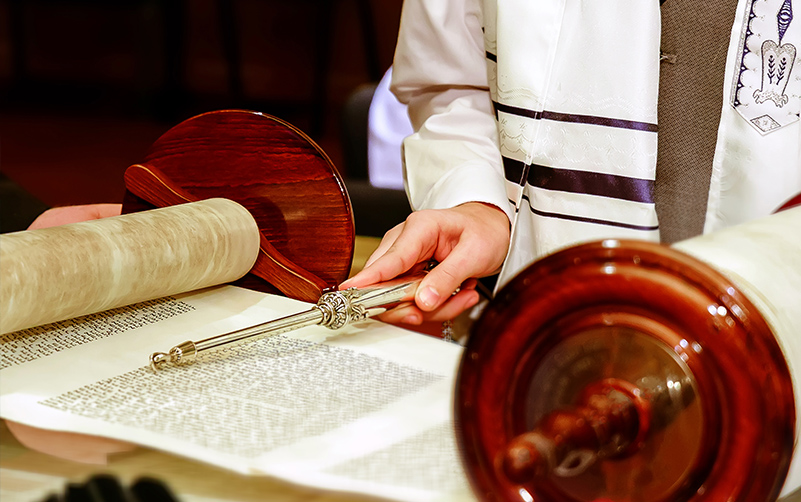
Jewish Funeral Customs Funeral Partners
Jewish Funeral Traditions 15 Important Things You Need To Know
Jewish Funeral Traditions 15 Important Things You Need To Know

Pin On Funeral Etiquette Faiths
Jewish Funeral Traditions 15 Important Things You Need To Know
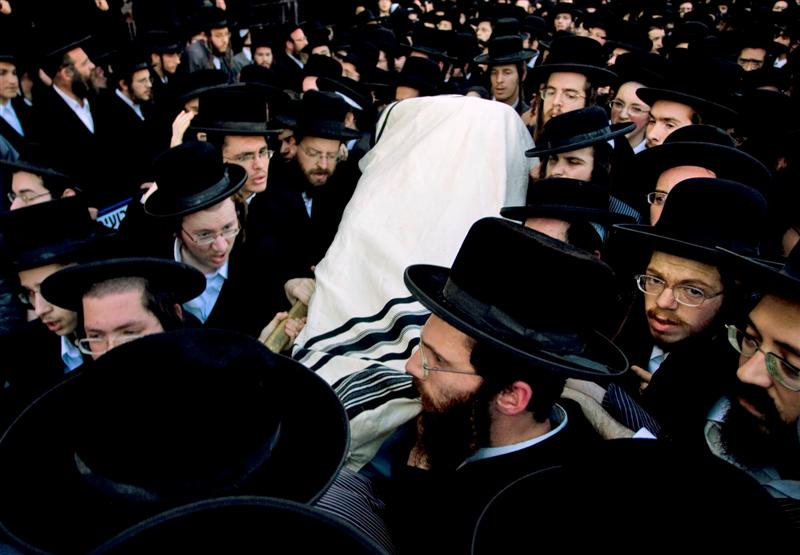
Religious Funerals Why Jews Bury Their Dead The Good Funeral Guide

Wedding Activities Ideas Beat The Buzzer Very Funny Game Wedding Weddings Ideas Inspiration Cathe Fun Wedding Activities Funeral Ceremony London Wedding
